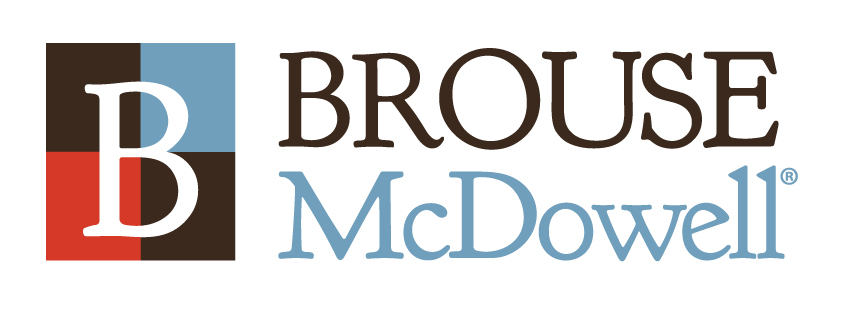

On behalf of Brouse McDowell, we are extremely excited to announce that our attorneys joined Roetzel & Andress on October 1, 2024.
Roetzel & Andress was formed in 1876 and is one of the 300 largest law firms in the United States and has been recognized by The Best Lawyers in America®, Super Lawyers, and Chambers USA. With the addition of the Brouse attorneys, Roetzel will have approximately 220 lawyers in multiple specialties. Roetzel has great strength in health care, employment, ERISA, insurance defense, tax, public law, estate planning and administration, bankruptcy and restructuring, business succession planning, corporate, transactional work, real estate, construction law, banking law, and business litigation.
Both firms share a similar client-centered culture and will offer exceptional service at a great value to clients, delivering the personal touch of a small firm with the multidisciplinary capabilities of a large firm. This strategic move presents an incredible opportunity for Brouse and Roetzel to bring together the best legal talent in the region to offer our clients an expanded breadth of services and depth of expertise. We will expand our services with offices throughout Ohio in Columbus, Cincinnati, Toledo, and Wooster, and beyond with offices in Naples, Fort Myers, and Winter Park, Florida, and Chicago. We will continue to have our current offices in Cleveland, Youngstown, and Sharon, Pennsylvania. Akron attorneys will relocate to 222 S. Main Street, Suite 400.
This is an exciting step as we look toward providing you with access to a host of added resources to service your business and personal needs. The addition of our attorneys to the Roetzel team will capitalize on our competitive advantage as we continue to work alongside you as your trusted advisors.
Our attorneys look forward to talking with you in more detail about the opportunities the joining of our practices presents. Have no doubt, you will continue to receive the highest level of service you have come to expect from Brouse.
As a client, very little will change. You will continue to work with the same legal team you have come to know and trust, as well as have access to many new skilled team members. Our phone numbers will remain the same, and email will forward to our Roetzel email addresses. Full updated contact information can be found on https://www.ralaw.com/people.
The prospects ahead have never been more exciting due to the expansion of services and additional depth we will have to offer. I thank you for your business and your continued trust in our services.
Best regards,
Daniel K. Glessner
Managing Partner
Brouse McDowell LPA